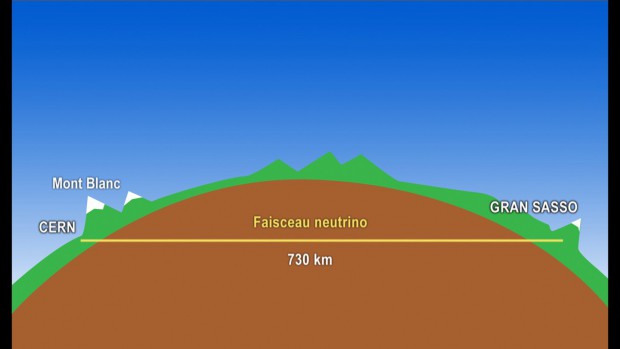Just a few general remarks:
From a view point of science in general and scientific skepticism in particular skepticism of sociology is arsenic.
arsenic: too outsmarting without consistency.
In sociology contest you can shut down a laptop by smashing it on a stone. In a scientific contest this is not a way to shut-down the laptop. It is taken into account but it is not how science proceeds even on a yearly basis.
In science[sci-fi]:
Bruce: “are you sure he barged into your room and destroyed any evidence in his favor so neutrino actually gained 60 nano-seconds?”
Andrew: “yes he came at a Planck window-hole, he had energy of a Planck-hulk and he left a signature which weighs a few micro-grams, I called in the Goldsmith and he weighed it, turns out if we employ the hulk he can barge into clouds and rain the whole town”.
In sociology: “see did we not tell you scientists were seriously thinking of a way out of the neutrino-issue, finally, no-one can win over the Albert Hummestein, he is a human-aurora”.
In science(skepticism-fiction): “we have discovered something for real, neutrinos indeed break the speed, someone worked out the straight path of photon and neutrino and turns out neutrinos had it in them to break a feat”
There is a difference: no-one has a way out of the bloopers, unless and until they have been achieved “no-one is correct for all time and all reasons”
Sociology: “no-one is correct in all seasons”.
Skepticism of sociology in OPERA experiment:
Most people talking about systematic error of OPERA experiment clouding the real correct value, are not taking note of one very important facet of the experiment: the neutrino and photon baseline would have the same systematic error.
If you can point out a systematic error of the neutrino baseline from that of the photon baseline you have owned for yourself a free beer from someone. Without that it is just pep talk. The most advanced experimentalists working in these super experiments know far more in detail, the systematic error than a random blogger points out.
God damn it, why should the GPS influence the neutrino baseline and not the photon base line? Why should the refractive index of the material prefer the neutrino and not the photon baseline? A glitch: have you found one?
Most people have got a weird conceptual view regarding validity of an experiment from another experiment. The validity has to come from within, hello, that is why it is called a scientific experiment. Another experiment is just a systematic fluke as well.
You need 100 baseline experiments to take care of that kind of systematic variations and in present day experiments these are taken care internally within one experiment. That is why there are so many systematic sources in just one experiment.
Another experiment just buys you peace, it does not prove anything, mind it. You can take 10 baseline experiments and one fine day find an anomaly that will throw your results to Oceania of scientific bloopers.
One experiment is sufficient to validate a measurement, we just have two baselines, not 20 experimental data points, in a big picture each experiment is a data point, no matter how many data points there are there is always an anomaly that can invalidate all results, anomaly is a systematic glitch of the Universe … welcome to nature.
In 1930s de Broglie a great scientist of last century proposed a photon as a composite of two neutrino pairs. This is not considered mainstream physics, (unfortunate) because it has a few problems to it’s account. Which physics problem, name a single, does not have a few problems to it’s account? I would be extremely skeptical of such a possibility but would not call it non-mainstream. I do not know what is mainstream physics.
What can be worked on here is not the fact that photon is indeed a superposition of a neutrino and an anti-neutrino, but perhaps just a superposition of two states which solves some of the quantum gravity issues … that will add much more value to it …
But then the photon is a photon as we know it … how much do we really know? of photon, I am just searching.

Leave a comment